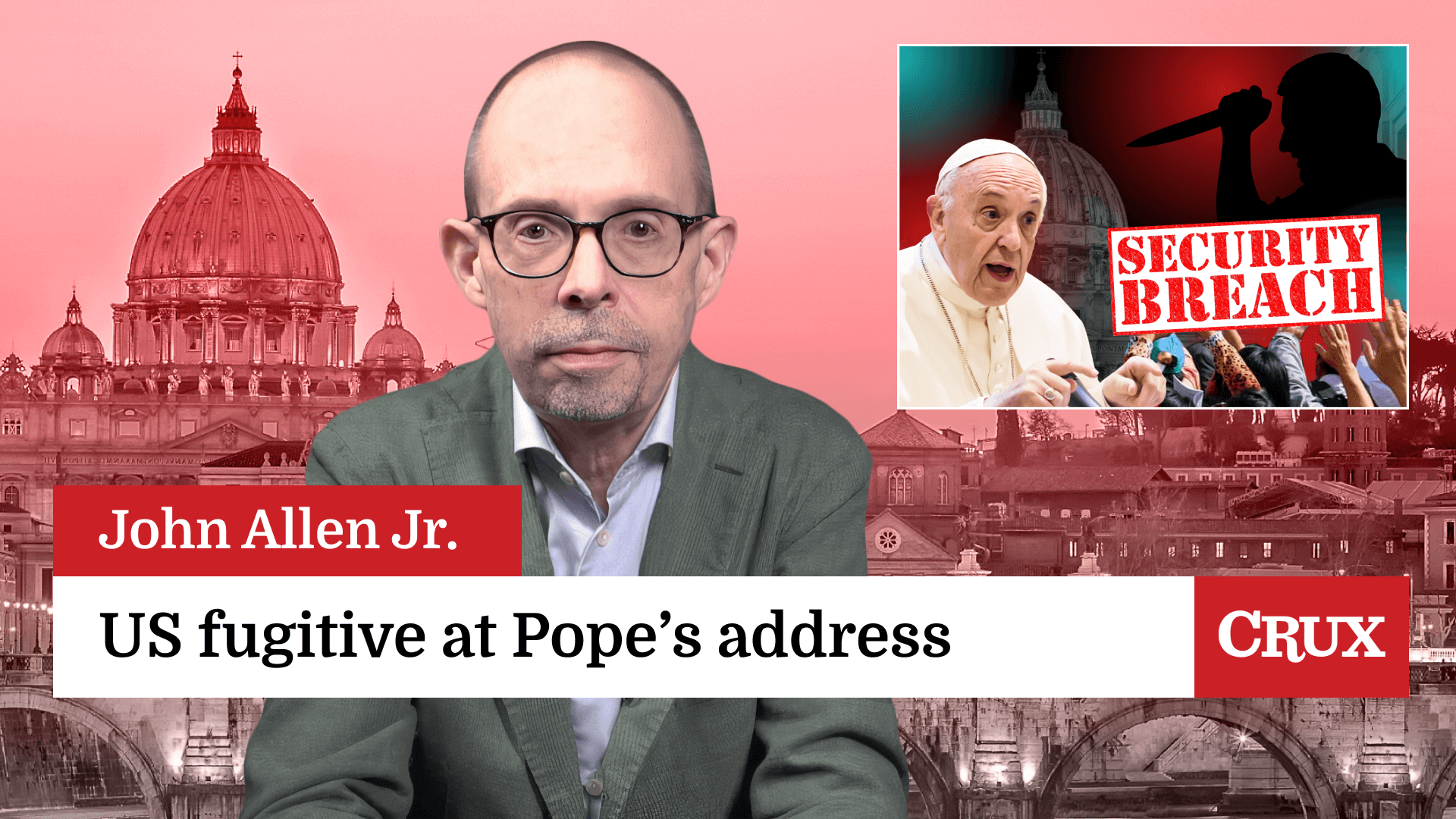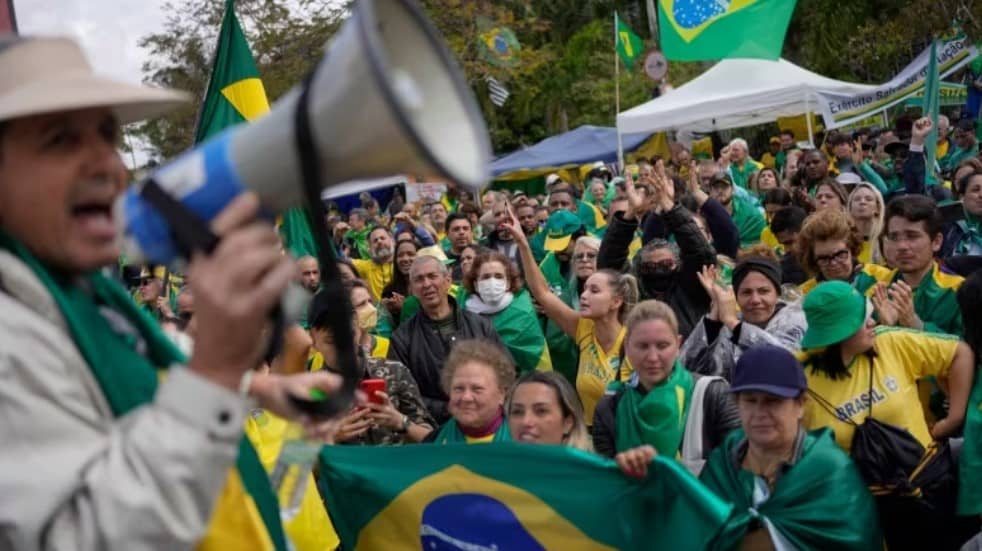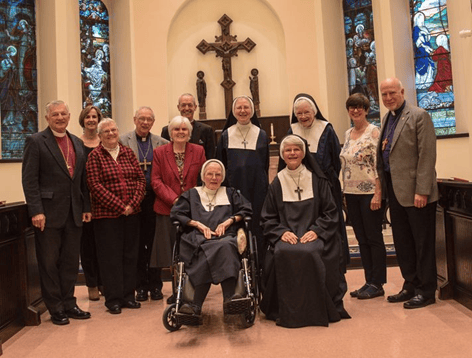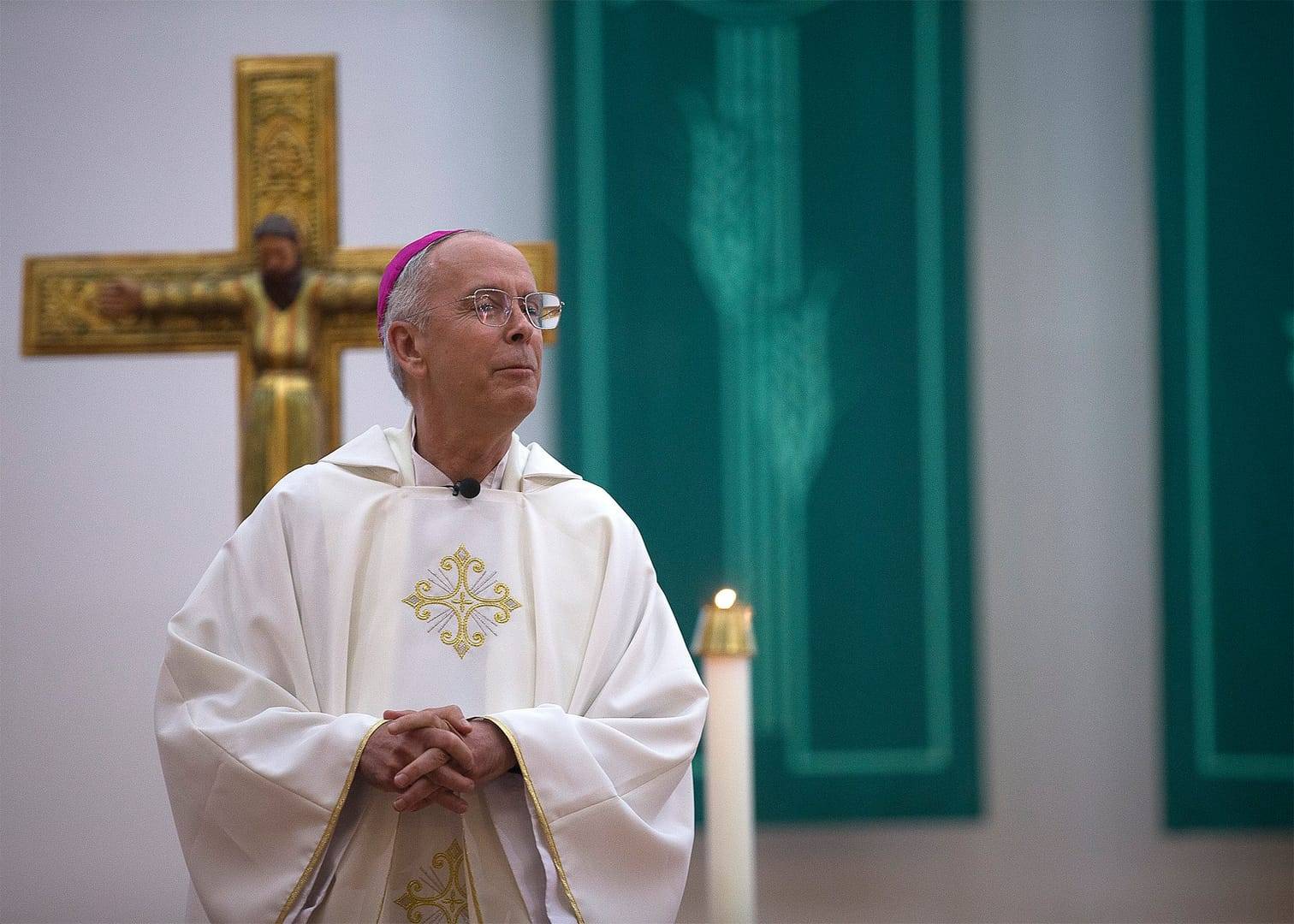ROME — As U.S. bishops craft new measures for bishop accountability, Cardinal Daniel DiNardo says he will work to ensure they are on the same page with the Vatican and plans to introduce new policies at June’s bishops’ meeting.
DiNardo, who is archbishop of Galveston-Houston and serves as president of the United States Conference of Catholic Bishops (USCCB), told Crux on Saturday that “I think we can go forward once we get back,” referring to the Vatican’s request that the USCCB delay its plans last November to vote on new protocols.
At the time, the Vatican said they had only been given four days to review the proposed protocols, which included a new protocol for bishops’ conduct and would have created a new lay-led committee to evaluate complaints made against bishops.
The Texas cardinal is representing the United States at a closely watched summit on sex abuse, which concludes Sunday at the Vatican, where Pope Francis has convened the head of every bishops’ conference around the world.
“I’m more happy right now over what I see and what has happened in these days, and when I get back home, I think I can go before the bishops’ administrative committee and all the bishops and say, that I think there is some affirmation from this meeting of what we wanted to do.”
The administrative committee of the USCCB will meet in March to prepare for the June meeting with all U.S. bishops.
“We’re going to have them work like mad,” he said of the work ahead of the USCCB and told Crux that prior to putting the new policy up for a vote, it would be necessary to “take a quick visit to Rome,” as “we don’t want to see what happened before.”
While the plan put forth in November would have relied on a national lay review board that would evaluate complaints against bishops, on Friday, Cardinal Blase Cupich of Chicago and one of the organizing committee members for this week’s summit, gave a speech outlining “new legal structures of accountability,” which would utilize the metropolitan archbishop who oversees the dioceses within his particular province.
Under the “metropolitan option,” as it has often been referred to, the metropolitan archbishop would be responsible for overseeing the investigation into bishops accused of abuse in conjunction with a local review board.
At a press conference following his remarks, Cupich said his proposal was different from the original USCCB plan as it would become obligatory, whereas the original proposal gave bishops’ the ability to opt into it. He also said that proposal would give it a more local character that would be necessary to follow up and communicate with victims.
On Saturday, DiNardo said “we have to tweak some things,” regarding the original protocols and hinted that the final proposal that he hopes to be put to a vote in June will likely “put the two together,” referring to the metropolitan model.
In addition, DiNardo told Crux that the laity “should play a distinctive role in helping us,” and that their role would be to “assess” the cases.
“This is not to replace Rome or take away Rome at all,” he added.
Reflecting on his overall experience of the summit, DiNardo said the major takeaway has been the “witnessing” of abuse survivors.
“The emphasis of the meeting was all on the victims, the survivors…and the importance that they bring to us,” he said.
On the eve of the summit’s final day, he said he believes “most bishops are on the same page” when it comes to recognizing that clergy abuse must be combatted, yet there is a difference between some countries who say “we want to act on it now” and others who say “we’re totally in favor of this, but we’re a small nation, we need resources and help.”
The cardinal held up the United States’ zero tolerance policy that was enacted in 2002 and permanently removes accused priests from ministry.
While the U.S. is one of the few countries to have such a policy, DiNardo said he believes “the Church is moving toward zero tolerance,” but “it isn’t quite there yet.”
He added that the U.S. bishops support a universal embrace of zero tolerance, and that he believes Francis is “favorable” toward it, but that he was unsure of when he push it forward.
During the summit there has been some discussion as to whether the Vatican needs a new office for handling abuse cases, which DiNardo termed as an “intra-dicasterial” that communicates among the various Vatican bodies and the Congregation for the Doctrine of the Faith, which handles abuse cases.
He said he would defer to the expertise of Archbishop Charles Scicluna of Malta who is also one of the Vatican’s top prosecutors, and whose work DiNardo praised.
Looking ahead, DiNardo said he still hopes that the Holy See will release its findings on how now former cardinal and former priest Theodore McCarrick ascended the ranks of power, despite decades of abuse.
In October, the Vatican pledged an internal review of the matter and a release of its findings. DiNardo said he has not heard of any updates on it, but believed that many American Catholics, laity and bishops alike, are seeking answers.
DiNardo also said that he continues to consult with a taskforce he convened in November, consisting of past USCCB presidents, Cardinal Timothy Dolan, Archbishop Joseph Kurtz, and Archbishop Wilton Gregory to confront some of the “neuralgic” issues involving both Rome and other bishops when it comes to reforming its policies on abuse.
As he prepares to head home on Monday, DiNardo told Crux that he applauds the work of the summit’s organizers for crafting a “very balanced” and “concrete” program with “sessions oriented toward victims” and for including the voices of three women among the speakers.
When asked for his final grade of it all, he said, it is a B+, but added that the survivors of abuse are the ones to ask.

















